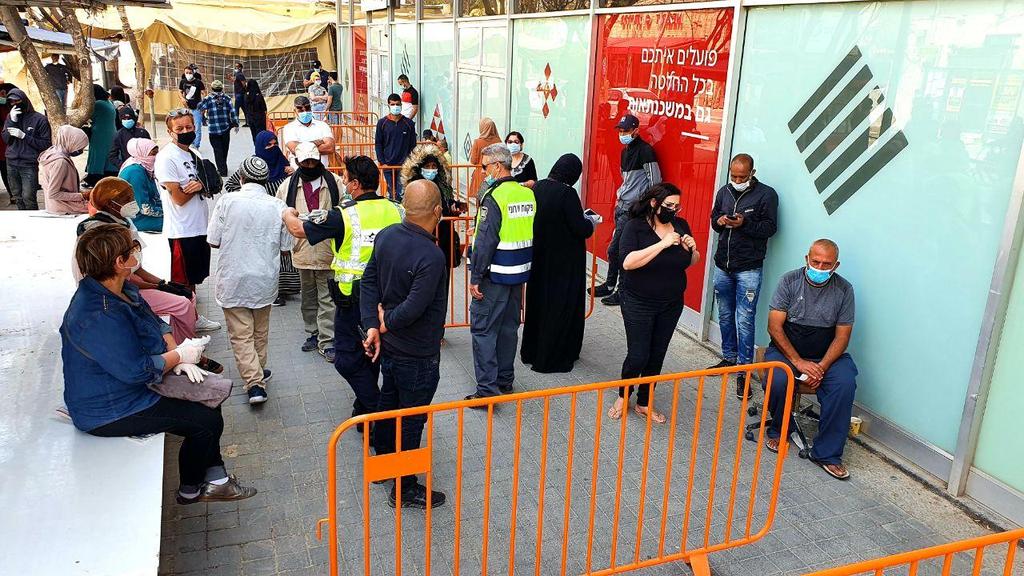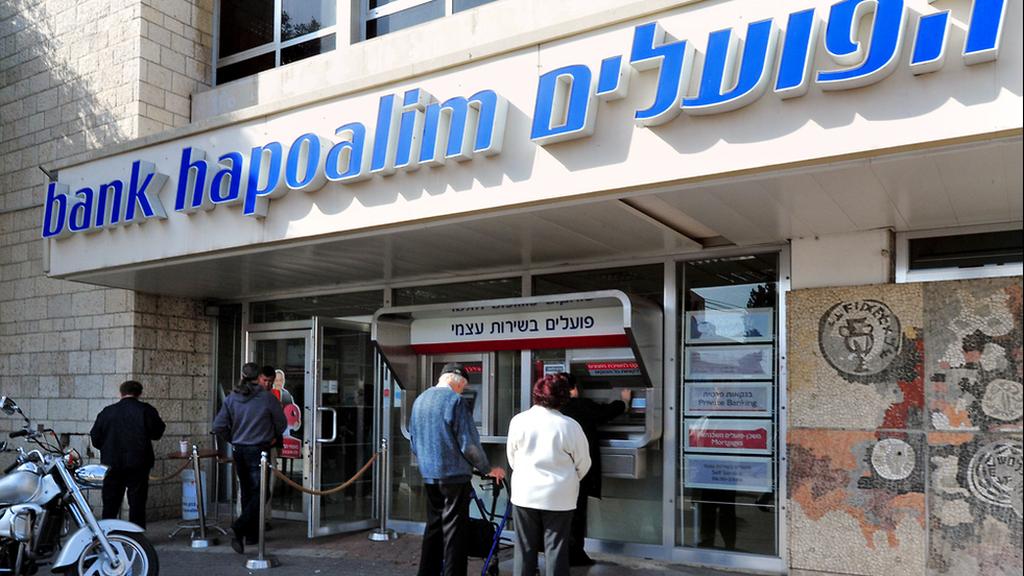Bank Hapoalim, Israel’s largest lender, said on Thursday net profit fell sharply in the first quarter, hit by a large credit loss provision due to the coronavirus outbreak.
The bank reported net profit of NIS 192 million ($54 million), compared with 821 million a year earlier and a forecast of 464 million in a poll of analysts.
Net profit was also hit by a 109 million-shekel loss resulting from the separation of its Isracard credit card unit.
Its shares were down 1.9% in morning trade, in line with the TA-125 benchmark index.
The bank’s net financing income rose to NIS 2.498 billion in the quarter from 2.366 billion a year earlier.
The credit loss expense surged to NIS 809 million from 121 million, most of it money set aside as an advance measure to confront the effects of the global coronavirus outbreak.
In the fourth quarter, Hapoalim was one of the first lenders to make provisions for the crisis, setting aside NIS 450 million.
The bank said it had established a committee headed by its chief executive to formulate ways of addressing the crisis.
“The committee regularly reviews various scenarios for the development of this event and its financial effects on the bank,” Hapoalim said.
The bank is allowing customers to suspend loan and mortgage payments to provide cash-flow relief and is participating in a government scheme to offer loans to businesses. Since its initiation, the bank has processed over 9,000 loan requests, two-thirds of which were approved.
Net credit to the public rose by NIS 6.6 billion from the end of 2019 to 299.5 billion.
Israeli banks entered the crisis in good shape due to years of conservative lending practices, Barclays analyst Tavy Rosner said.
“While we are likely to see increased provisions in the near term, we see the banks as capable of weathering current challenges,” he said, estimating Hapoalim’s excess capital balance at 5.8 billion shekels.
Last month the bank agreed to pay nearly $875 million to the U.S. government to resolve charges it conspired with American taxpayers and others to hide over $7.6 billion in Swiss and Israeli accounts.
Hapoalim, the first bank in Israel to report quarterly earnings, also agreed to pay more than $30 million for its role in the money laundering conspiracy surrounding FIFA, the world governing body for soccer.
The bank had already made provisions for these settlements.




